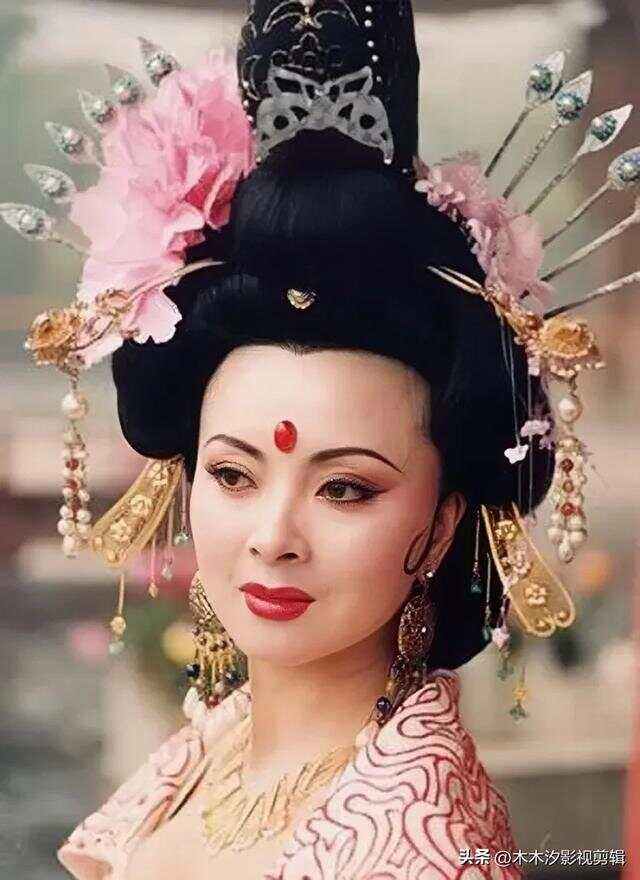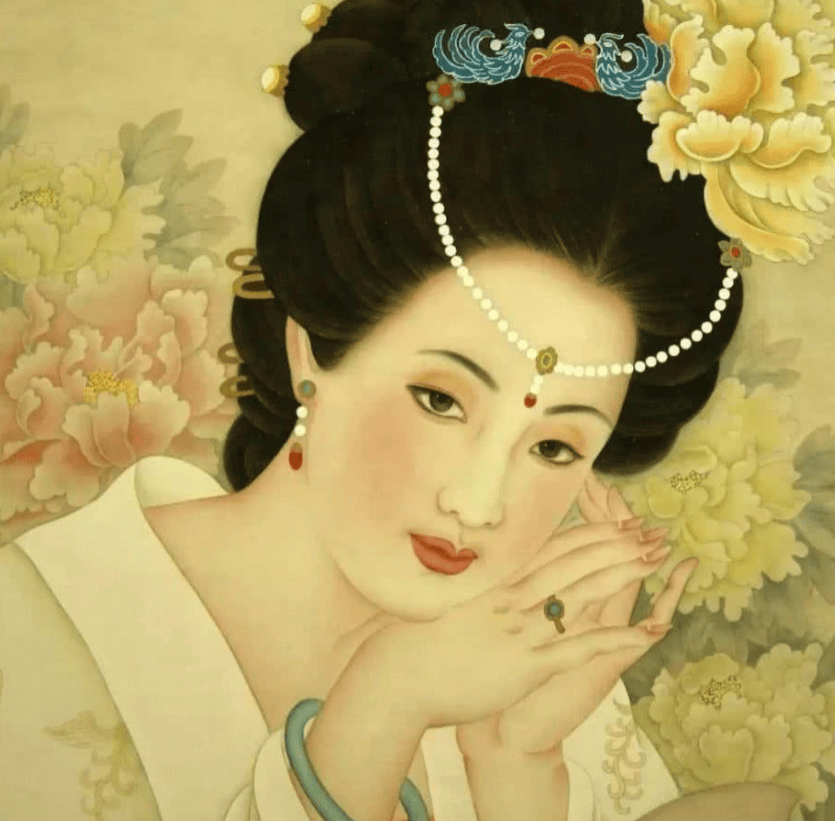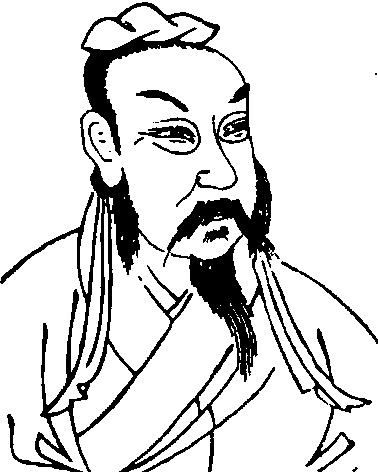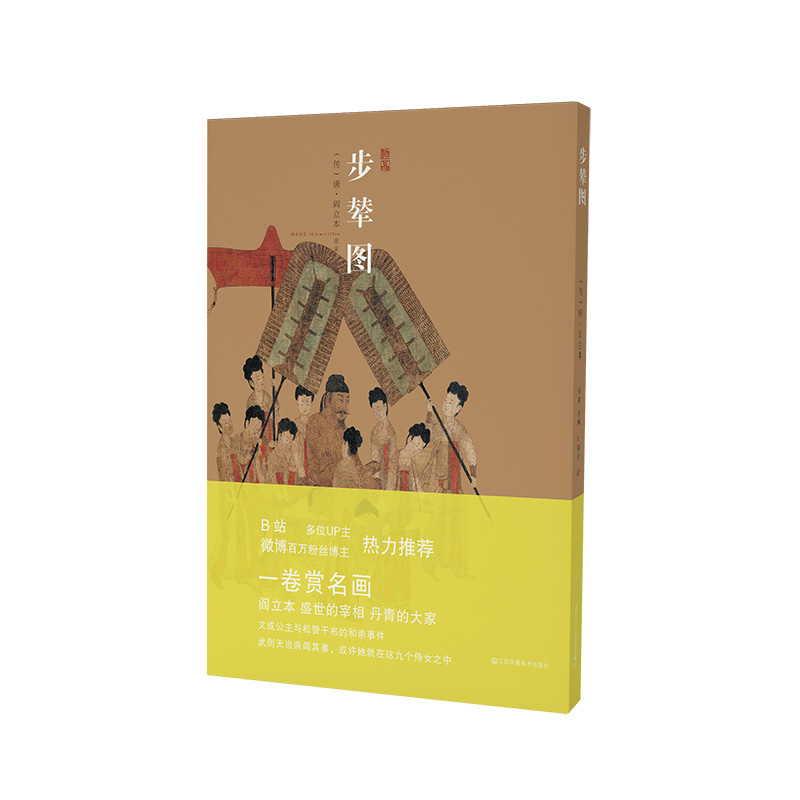The rise and fall of historical dynasties, as well as the succession of vivid historical figures, have left deep imprints in the long river of history. Next, the History Encyclopedia editor will take you into the story of Wu Jingzi.

The starting point of life for the Qing dynasty novelist Wu Jingzi was very high.
Wu Jingzi, also known as Minxuan, was born in 1701. His ancestral home is Wenzhou, Zhejiang, and he was born in Chuzhou, Anhui. Wu Jingzi’s family is a prestigious family in the local area, and there are many people who hold official positions in the court, and the positions are quite large.
Wu Cong, the distant ancestor of Wu Jingzi, made great contributions after participating in the “Jingnan Campaign” and was appointed as a brave cavalry captain by Ming Chengzu Zhu Di. He also obtained the fiefdom of Liuhe in Jiangsu. Wu Jingzi’s uncle, Wu Yang, was appointed as the governor of Hunan. Wu Jingzi’s great grandfather, Wu Guodui, was a palace examination scholar during the Shunzhi period of the Qing Dynasty, and served as the commander-in-chief of Zhili’s academic and political affairs. Wu Jingzi’s father, Wu Linqi, served as an educational advisor in Ganyu County, Jiangsu Province, equivalent to the current director of the county education commission

Wu Jingzi grew up in such an environment, although not luxurious, at least he had no worries about food and clothing. Just this alone, Wu Jingzi surpassed the vast majority of ordinary people at that time.
However, Wu Jingzi, who came from a prestigious family, embarked on a bumpy life path and ultimately ended her life in poverty and hardship in her later years. What is the reason for this? Analyze it, there are three reasons.
1、 Separation failed
In 1722, Wu Linqi resigned from his position as the magistrate of Ganyu County due to illness and his dislike for various ugly phenomena in the officialdom. He returned to his hometown with the company of his son Wu Jingzi. Unexpectedly, Wu Linqi fell ill and passed away shortly after.
After Wu Linqi’s death, his uncles and cousins proposed to split the family. Wu Jingzi’s mother died early, and he had no brothers or sisters around him, so he was trapped in a helpless situation. In this “separation war”, he lost completely and got very little family property.
Wu Jingzi married his wife Tao at the age of 16. Tao was weak and sickly, and was greatly affected by the “family division war”. He soon passed away due to illness. The departure of his wife dealt a great blow to Wu Jingzi, causing significant changes in his worldview.
Later, Wu Jingzi used the story of Dr. Yu as a metaphor for his own experiences when creating “The Scholars”. In the novel, Tang Xianggong first sold Dr. Yu’s house privately, and then shamelessly borrowed money from him to rent several rooms. After receiving the money, he surprisingly remained silent and didn’t even say thank you. Tang Xianggong’s ugly face reflects the shameless actions of the Wu Jingzi tribe in reality.
2、 Squandering inheritance
However, even though Wu Jingzi failed in the struggle for family property, his father Wu Linqi still left him a substantial inheritance of about 20000 taels of silver. In the Qing Dynasty, the annual salary of a seventh grade Supervisor of the County was only 45 liang silver. So 20000 taels of silver is a huge sum of money. If Wu Jingzi saves some money, it will be enough to eat and drink for a lifetime.
However, Wu Jingzi once followed his father to attend a gathering of local celebrities, which broadened his horizons and increased his knowledge. At the same time, he developed the habit of “spending money recklessly and indulging in extravagance” and developed a habit of spending money recklessly. After his father’s death, Wu Jingzi inherited a fortune and did not know how to live frugally and frugally. He gathered friends and ate, drank, and had fun every day. When friends reach out to borrow money from him, he is often generous and spends a lot of money.
In this way, Wu Jingzi gradually sat back and ate up the inheritance left by his father. According to historical records, “Wu Jingzi was not good at managing his life, but had a heroic nature. Within a few years, he squandered all his old assets, sometimes even running out of food.” In 1733, when Wu Jingzi and the Xuxian Ye family moved to Nanjing, Jiangsu, they were already so poor that they left a reputation as “spendthrift sons” for their hometown.
It has to be said that Wu Jingzi deserves the title of “spendthrift”.
3、 Disadvantage in the scientific field
The failure to compete for family property and the exhaustion of inheritance – these are major setbacks in life, but they cannot completely change a person’s fate. If Wu Jingzi could rely on his exceptional talent to embark on the path of the imperial examination, obtain fame, and seek a position, he would still be a winner in life.
Unfortunately, Wu Jingzi’s path to the imperial examination was quite difficult, as his house leaked and he encountered continuous rain at night, and his boat broke and he encountered headwinds.
In fact, as early as 1722, at the age of 23 (virtual age), Wu Jingzi passed the imperial examination as a scholar under her father’s strict education. However, in 1728, six years later, Wu Jingzi was ruthlessly eliminated from the township examination due to his unrestrained words and actions, which left a bad impression on the chief examiner.
The failure to participate in the township examination this time disappointed Wu Jingzi with the imperial examination. Wu Jingzi refused to take the imperial examination from then on. In 1736, Anhui Governor Zhao Guolin, Jiangning Inspector Tang Shilin, and Xuetai Zhengjiang recommended Wu Jingzi to participate in the imperial examination for the erudite and popular ci, which was an excellent opportunity provided by the court to the fallen scholar. Unexpectedly, Wu Jingzi refused outright, losing the last opportunity to take the imperial examination and become an official.
What does Wu Jingzi rely on to survive without taking the path of scientific examination? During the Qing Dynasty, there was no self media, so Wu Jingzi could only rely on writing proposition poems and essays for wealthy families in exchange for editing fees, barely surviving. Otherwise, we have to rely on friends for charity – what’s the difference between this and being a beggar? Winter has arrived, and Wu Jingzi’s family cannot afford charcoal for heating, so they go for a run outside the city with friends at night to keep warm.
In order to survive, Wu Jingzi once put aside his face and sought help from officials and gentry for relief. In 1754, Wu Jingzi went to Yangzhou to meet with Lu Jianzeng, the salt transport commissioner of the Huai River, but was unsuccessful. In the winter of that year, after being drunk, Wu Jingzi had a mouthful of phlegm gushing up, causing poor breathing and unable to be cured, and passed away, ending his impoverished life.
At this time, Lu Jian bought him a coffin, restrained himself, and sent it back to Nanjing for burial at the foot of Qingliang Mountain.



